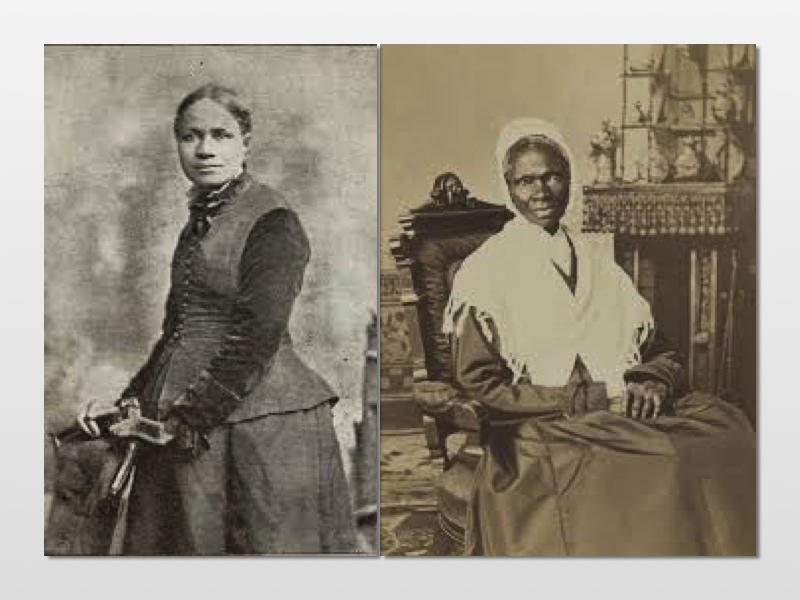One of the most rewarding parts of being an academic is getting the opportunity to regularly meet extremely interesting and intelligent people. I can’t think of another job where you would get to meet such a broad range of individuals like this from around the globe, helping you to expand your mind and our horizons beyond your four walls. The global pandemic has made this somewhat more difficult than usual, stopping us from travelling to different countries through the usual summer conference circuit and even stopping us from physically meeting new and old colleagues that we otherwise might have. However, one of the unintended benefits of the restrictions in travel is that it has forced us to more actively engage with online platforms as a way of bringing people together and meet old and new people in this way. In fact, I may have ended up seeing even more of some colleagues purely because we have realised the power of Zoom, Teams (and if entirely necessary Skype!) and what they can deliver for us. One such opportunity arose this week through a Black History Month event I co-organized for my Business School. The event showcased speakers from two recently published papers that explore the historical exclusion of black voices in intellectual life – one of which was my own, published with my colleague (and sister!) Dr Rebecca Fraser. Becky (as she is better known to me) is an associate professor of American History and Culture having published two fascinating books exploring 19th Century North American slavery (which can be found here and here). Our paper has the following title and abstract and the full recording of our online presentation can be found below:
“Why Sit Ye Here and Die”? Counterhegemonic Histories of the Black Female Intellectual in Nineteenth-Century America. Rebecca Fraser and Martyn Griffin, Recently published in Journal of American Studies
Historically, and contrary to common assumption, black women in the United States have always been at the forefront of black intellectual activism, whether at the local or national level. Yet the histories and conceptual understandings embedded in the idea of black intellectuals are often framed by androcentrism, consciously or not, placing a masculine perspective at the centre of how we might understand the term and related activism. This paper examines the work and lives of black female activist intellectuals in the 19th century. Looking deeper at arguments originally made by Maria Stewart concerning the denial of black women’s ambitions and limiting potential in their working lives, the analysis employs the work of the Italian Marxist Antonio Gramsci, in particular his notion of the intellectual, to help reflect on the centrality of these black women in the development of an early counter- hegemonic movement.
Writing an article that cuts across disciplines in this way might be considered difficult enough at the best of times, but when you add in sibling rivalry, it could have been a total disaster. Thankfully, it only proved at how well we (as people and as disciplines) can collaborate and talk to each other productively if we put our minds to it. I am extremely proud of the paper insofar that we produced it together but more importantly that we have had the opportunity to listen to and amplify these inspirational black women’s voices from history in to the present day.
Whilst the above paper focussed on the historical exclusion of voices, the second paper of our event brought this exclusion in to modern times. The paper, presented by Prof. Joy Leopold and Prof Daphne Berry (with Prof. Myrtle Bell also in attendance and discussion), was an incisive and, at times, disturbing exploration of the continuation of violence against black people in modern America and how this has spilled over in more insidious and hidden ways in to treatment within academic life. Whilst the paper shined a light on the various kinds of discrimination being faced by black people in academia it also pointed towards ways that people can be good allies. This includes people speaking out when they see instances of discrimination and in doing so rejecting complicity in the acts through silence or inaction. It also includes admitting the need for a better understanding of racial inequality and historical injustices as well as acknowledging privileges that are held. To listen to the experiences of these women was truly an honour and I am lucky to be able to share the title and abstract of their paper below as well as a recording of their presentation. It is also followed by a discussion by the group in what was incredibly rewarding experience, I believe, for us all:
Making Black Lives Matter in academia: A Black feminist call for collective action against anti‐blackness in the academy – Myrtle P. Bell, Daphne Berry, Joy Leopold, Stella Nkomo – recently published and free to access in Gender, Work and Organization (free to access!)
In this article, as have many Black women scholars in the past, we again call for collective action against anti‐blackness and White supremacy in the academy. Drawing from black feminist theory, we discuss the long history of Black women academics’ activism against anti‐black racism and introduce the current movement: Black Lives Matter (BLM). Although BLM is often construed as resisting anti‐black violence outside the academy, it is also relevant for within the academy wherein anti‐blackness is likely to be manifested as disdain, disregard, and disgust for Black faculty and students. We discuss some of the ways in which anti‐blackness and liberal White supremacy are manifested in the lives of Black faculty and students, and propose that non‐Black allies have key roles to play in resisting them. Like second‐hand cigarette smoke that harms everyone in proximity, anti‐blackness and White supremacy harm us all, and a shared movement is needed to dismantle them.
Overall, the event was a wonderful opportunity to share work with friends and colleagues. One day when the pandemic is over and travel restrictions are lifted it will, of course, be a pleasure for us to meet in person, some of us for the first time. However, this is a timely reminder that making connections with new people and listening to new stories and voices is always a choice. A choice that can be made by reaching out through a short message and starting a conversation that can help open dialogues, conversations and narratives that might otherwise never be heard.





